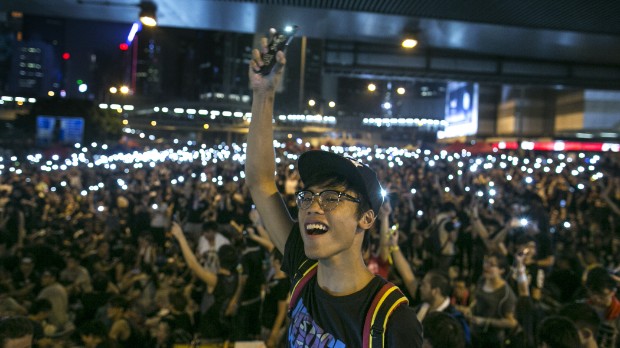
Retailers are disabling NFC readers to establish their own payment systems.
Source: http://www.josic.com/wp-content/uploads/mobile-payments2.jpg
While NFC payment systems have existed long before Apple Pay, the popularity of Apple phones has created a introduced mobile payment to a much larger audience. The original idea of systems such as Apple Pay and Google Wallet is provide a safe and secure method of storing credit card information on a mobile phone, capable of making convenient payments by simply tapping NFC enabled devices. Banks have enthusiastically supported mobile payments, seeing them as a method of increasing purchases made with credit cards.
For a while, NFC has been a different way to pay, used rather infrequently by early adopters of said technology. However, with Apple Pay introducing mobile payment to the masses, suddenly retailers want a share of the mobile payment market. Retail staples like Walmart, Kmart, 7-Eleven, and Best Buy have banded together to create a new payment system called CurrentC, while disabling the NFC readers that were previously installed. It will not be surprising if other retailers follow suit. CurrentC’s biggest PoD is drawing directly from checking accounts, eliminating credit card fees. In addition, CurrentC will reward users with coupons. But the fact that it is forced on customers is unhealthy behavior. In fact, it has received much backlash.

CurrentC’s current review breakdown.
Source: https://9to5mac.files.wordpress.com/2014/10/currentc-app1.png?w=704&h=272
Mobile payments do not yet have a de facto standard. However, CurrentC and its backers are just stifling technological growth.
Source:
http://www.theverge.com/2014/10/25/7069863/retailers-are-disabling-nfc-readers-to-shut-out-apple-pay

